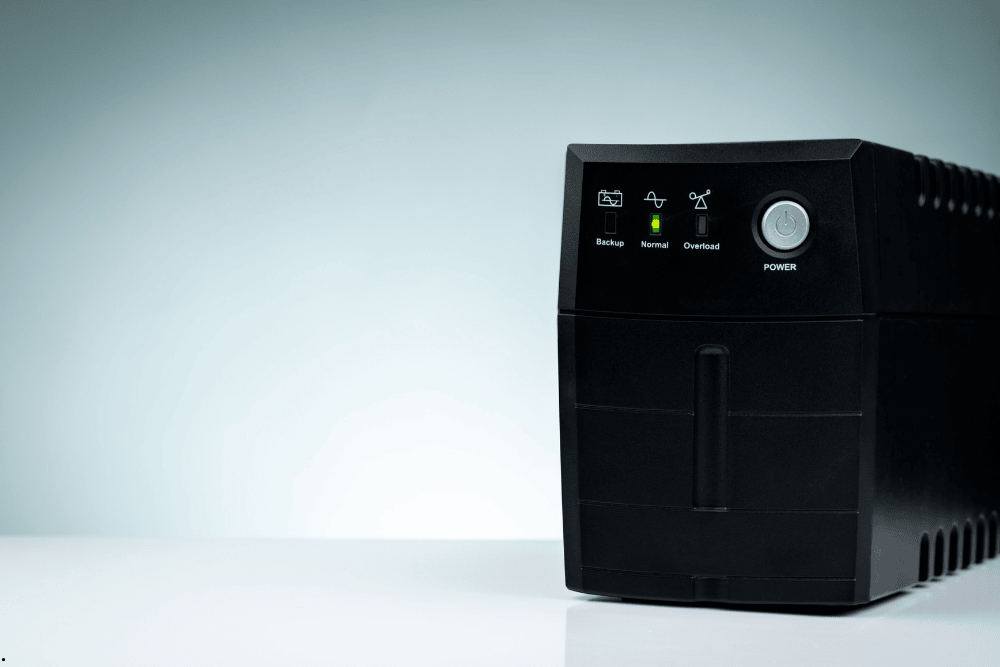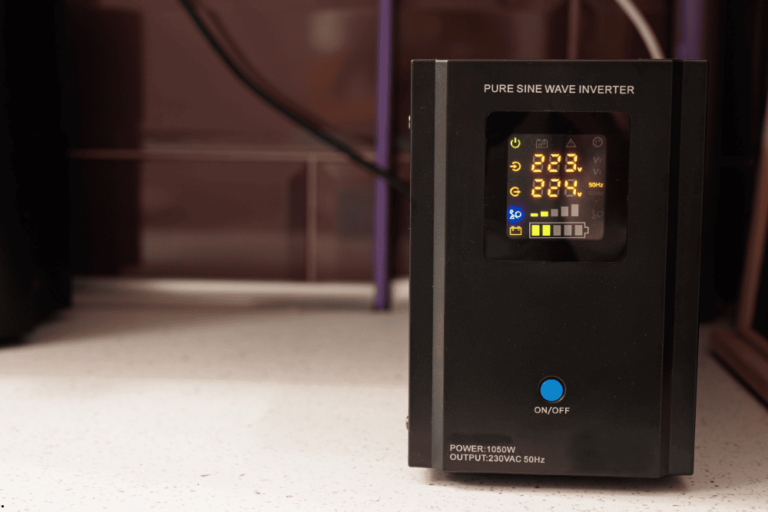

Comprehensive Guide to Choosing UPS Batteries: Types, Lifespan, and Maintenance
Uninterruptible Power Supply (UPS) batteries are the cornerstone of reliable power backup systems, playing a critical role in protecting sensitive electronic devices from sudden power failures. These batteries ensure the safe preservation of data and the continuous operation of essential equipment by providing temporary power during outages. Selecting the appropriate UPS battery is fundamental for maintaining system efficiency, extending the overall life of the UPS, and safeguarding your investment.
In this detailed guide, we will delve into the various types of UPS batteries, explore their characteristics, provide guidance on selecting the right battery for your needs, and share best practices for battery maintenance to maximize lifespan and performance.
The Crucial Role of UPS Batteries in Device Protection
UPS batteries are designed to provide power during interruptions in the main electricity supply. Their functions extend beyond mere backup power to include:
Data Integrity Protection:
By supplying uninterrupted power, batteries give users sufficient time to save important files and shut down systems safely, preventing data corruption and loss.Equipment Longevity:
Sudden power outages or frequent voltage fluctuations can cause irreversible damage to hardware components. UPS batteries smooth out these power irregularities, protecting sensitive electronics.Operational Continuity:
In business-critical environments, even brief downtime can cause significant disruptions. UPS batteries maintain power long enough to keep operations running or to switch to alternative power sources seamlessly.
Types of UPS Batteries: Features and Applications
Selecting the right UPS battery depends on your specific power requirements, budget, and environmental conditions. The main types include:
Sealed Lead Acid (SLA) Batteries
Overview:
SLA batteries are the most prevalent type used in UPS systems. They offer a balanced combination of reliability, cost-effectiveness, and ease of maintenance.Advantages:
High discharge rates suitable for short-term power delivery.
Fully sealed design prevents leakage and eliminates the need for regular electrolyte checks.
Relatively affordable, making them a popular choice for residential and commercial UPS systems.
Considerations:
Lifespan typically ranges from 3 to 5 years.
Sensitive to high temperatures, which can reduce longevity.
Lithium-Ion Batteries
Overview:
Representing the latest advancement in battery technology, lithium-ion batteries provide superior energy density and longer service life.Advantages:
Lightweight and compact, enabling smaller UPS designs.
Longer lifespan of 8 to 10 years or more.
Excellent thermal stability and performance in high-temperature environments.
Faster recharge times compared to SLA batteries.
Considerations:
Higher upfront cost but cost-effective over the long term due to durability.
Require specialized charging circuits and safety measures.
Nickel-Cadmium (NiCd) Batteries
Overview:
Widely used in industrial and heavy-duty applications where robust performance is critical.Advantages:
Exceptional tolerance for deep charge-discharge cycles.
Reliable performance under extreme temperatures and harsh conditions.
Long lifespan of up to 15 years.
Considerations:
Expensive and require careful handling due to toxic cadmium content.
Environmental regulations mandate responsible disposal.
Selecting the Right UPS Battery for Your Needs
When choosing a UPS battery, several key factors must be carefully evaluated:
Power Requirements Assessment
Calculate Total Load:
List all devices connected to the UPS and determine their combined power consumption in watts.Capacity Planning:
Choose a battery that can supply sufficient power to maintain operations for the desired runtime during outages.
Compatibility Check
UPS Model Matching:
Ensure the battery is compatible with your UPS make and model. Using incompatible batteries can lead to inefficient performance or damage.Voltage and Physical Dimensions:
Verify that the battery’s voltage and size meet the specifications required by the UPS system.
Runtime Considerations
Standard Runtime:
Most UPS batteries provide 10 to 30 minutes of backup, enough to save work or perform controlled shutdowns.Extended Runtime Solutions:
For longer backup periods, consider UPS units that support Extended Battery Modules (EBM), which add capacity.
Environmental Suitability
Temperature Management:
Operating temperature significantly affects battery life. For hot climates or poorly ventilated spaces, lithium-ion batteries offer better resilience.Humidity and Ventilation:
Ensure the battery environment is dry and well-ventilated to prevent premature aging.
Understanding UPS Battery Lifespan
The operational life of UPS batteries varies by type and usage conditions:
| Battery Type | Typical Lifespan |
|---|---|
| Sealed Lead Acid (SLA) | 3 to 5 years |
| Lithium-Ion | 8 to 10 years |
| Nickel-Cadmium (NiCd) | 10 to 15 years |
Regular maintenance and optimal environmental conditions are essential to maximize battery longevity.
Best Practices for UPS Battery Maintenance
Maintaining your UPS battery ensures reliability and extends its useful life:
Maintain Optimal Temperature
Keep batteries between 20°C and 25°C (68°F to 77°F).
Avoid placing batteries near heat sources or in direct sunlight.
Avoid Deep Discharges
Refrain from allowing batteries to fully discharge regularly, as this shortens their lifespan.
Use the UPS’s built-in battery management features to prevent over-discharge.
Conduct Routine Testing
Perform battery tests every 3 to 6 months to assess capacity and health.
Replace batteries showing significant degradation promptly.
Scheduled Replacement
Proactively replace batteries nearing end-of-life to prevent unexpected failures.
Use genuine replacement batteries recommended by the UPS manufacturer.
Recommended UPS Battery Brands
For quality assurance, consider batteries from these reputable manufacturers:
APC by Schneider Electric: Industry leader known for durable lead-acid UPS batteries.
Eaton: Provider of high-performance batteries with excellent lifespan.
CyberPower: Offers cost-effective, reliable batteries suitable for various UPS applications.
Tripp Lite: Preferred choice for office and small business UPS systems.
Conclusion
Choosing the correct UPS battery is paramount to ensuring the safety and uninterrupted operation of your electronic systems during power outages. By understanding the different battery technologies, evaluating your power needs, and adhering to maintenance best practices, you can achieve optimal UPS performance and longevity. Investing in a high-quality battery is investing in the protection of your critical data and equipment.


